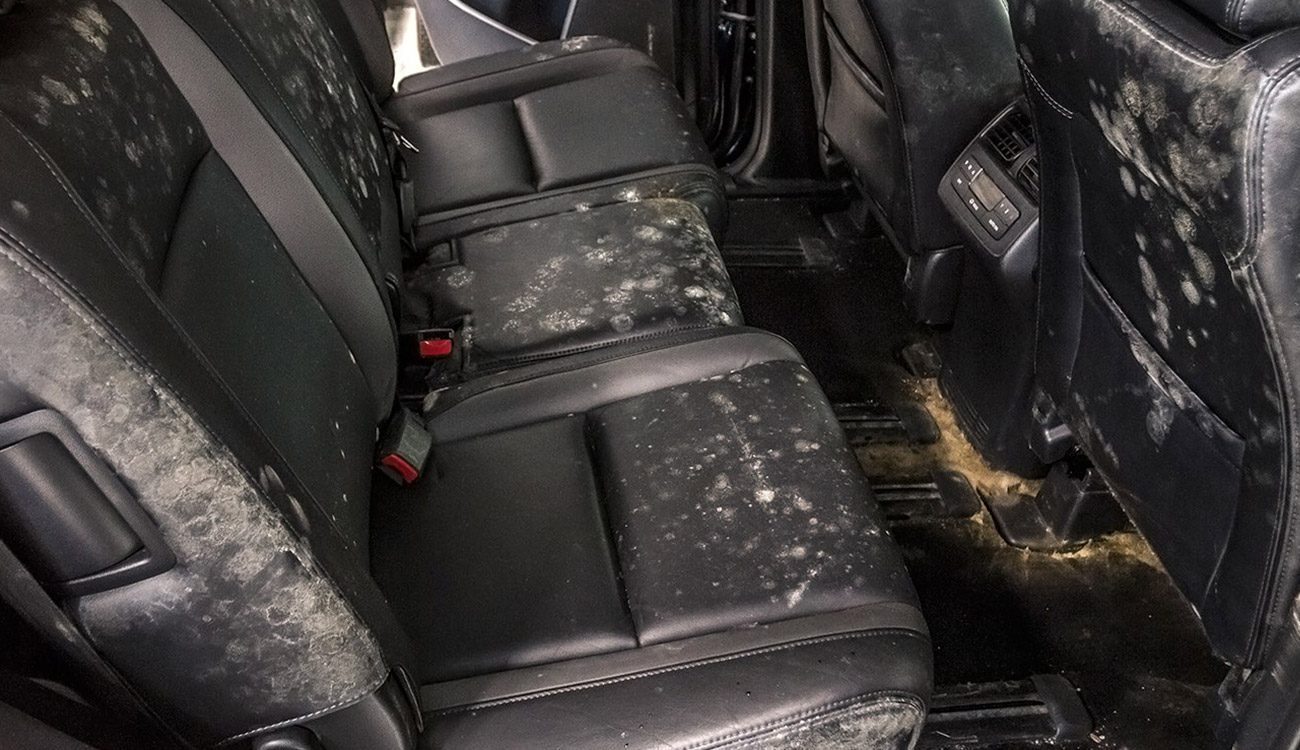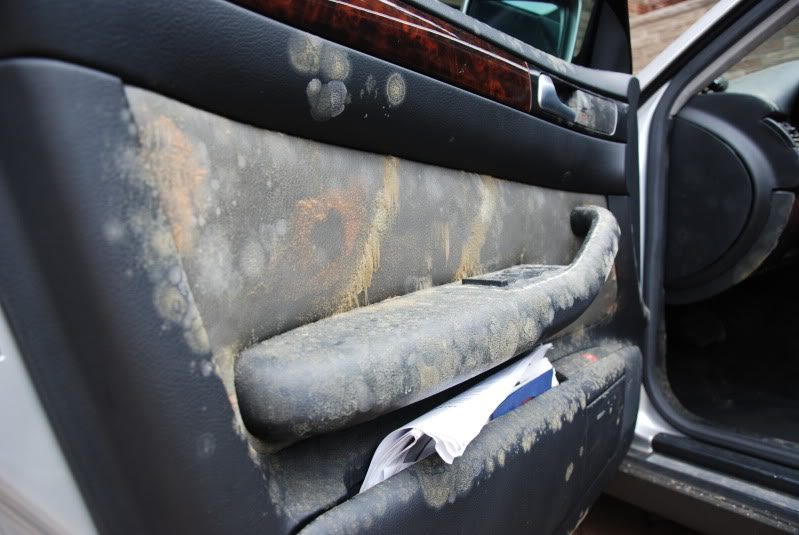What to Do When There’s Mold in Your Car
Whether your car was in a flood, you left your windows down or you’ve just got a leaky door seal, occasionally you might get mold in your car. It can be tough to get rid of, as you can’t exactly pull out your seats and carpets without turning it into a major project.
If you don’t have the tools or the time to pull everything out of the inside of your car, how can you get rid of it? Here are three possibilities.

1. Dry It Out
The first thing you need to do is to dry out your car. Mold thrives in dark, wet environments, and a fully equipped car provides plenty of places for it to grow. Start by breaking out your wet/dry shop vacuum and clean out any standing water. Try to suck out as much of the water from all the fabric surfaces, as well — including seats, carpets and other upholstery. You won’t get all of it, but anything you can get can help make the drying process a little bit easier.
Next, you need two things: heat and air flow. Space heaters and fans, positioned outside the car, can help dry things out. Just make sure your vehicle is in a dry spot, or at least in a place where you can keep it out of the rain. If you have the chance, put your car out in the sun. Not only does this help your vehicle dry out, but sunlight can kill mold spores, too.
2. Cleaning and Disinfecting
If you’ve already got a good mold infestation going in your car, all you can do is clean it out. Start by opening the car up and letting it air out for at least 15 to 20 minutes before you climb in and start cleaning. This allows any airborne mold spores to escape, so they don’t end up in your lungs. Even after letting the car air out, make sure to wear a mask to prevent any spores you stir up from causing problems.

Break out that wet-dry vac again and use it vacuum up any loose mold. You may find a lot of dead mold after leaving the car in the sun, so get it out of there.
The next step is to disinfect your car. Don’t use bleach or other harsh chemicals — they don’t penetrate the fabric and can discolor and damage your upholstery. Additionally, mold thrives in ammonia, so avoid using it, or you’ll end up making the problem worse.
If you’re disinfecting your seats, stick to white vinegar, salt or clove oil. Not only do these solutions work better, but they also won’t damage your upholstery.
3. Call in The Professionals
If you’ve got a bad mold infestation you can’t manage to get rid of it, it might be time to call a professional. They’ll have all the tools to make sure the mold is gone and stays gone. Even getting your car professionally cleaned will be less expensive than replacing all your seats and upholstery, and it can also save you a lot of time and hassle.
Mold isn’t something to play with — if it’s left unchecked, it can damage the value of your car and be detrimental to your health, as well. Take the time to clean it out, or call a professional if you can’t get it done yourself.




